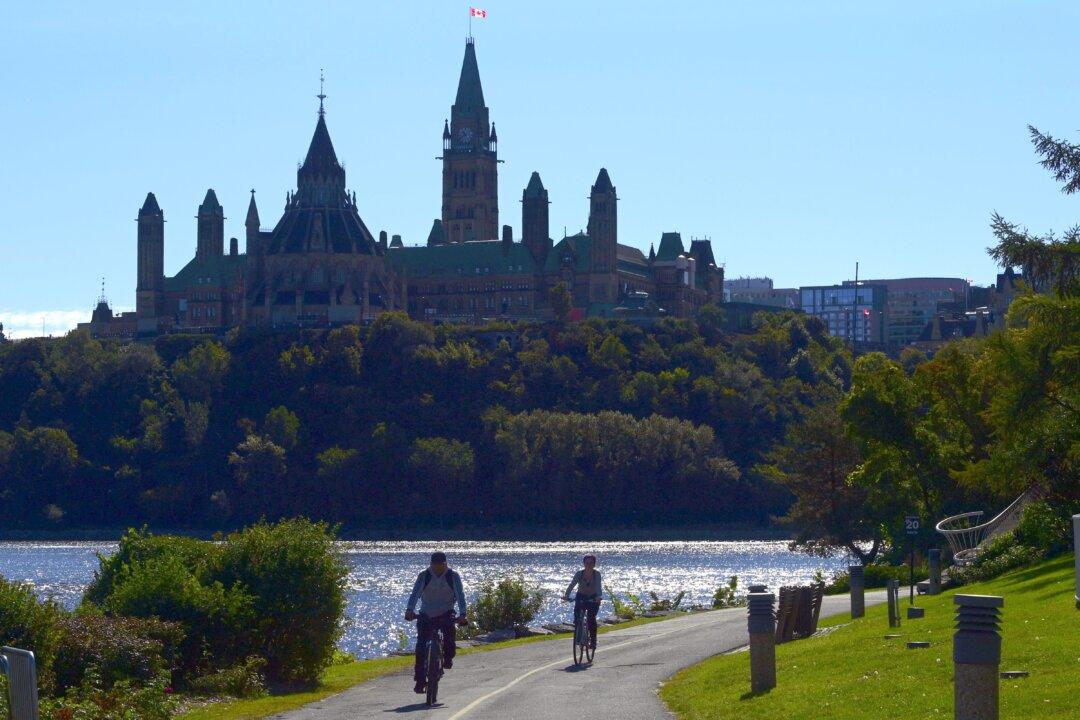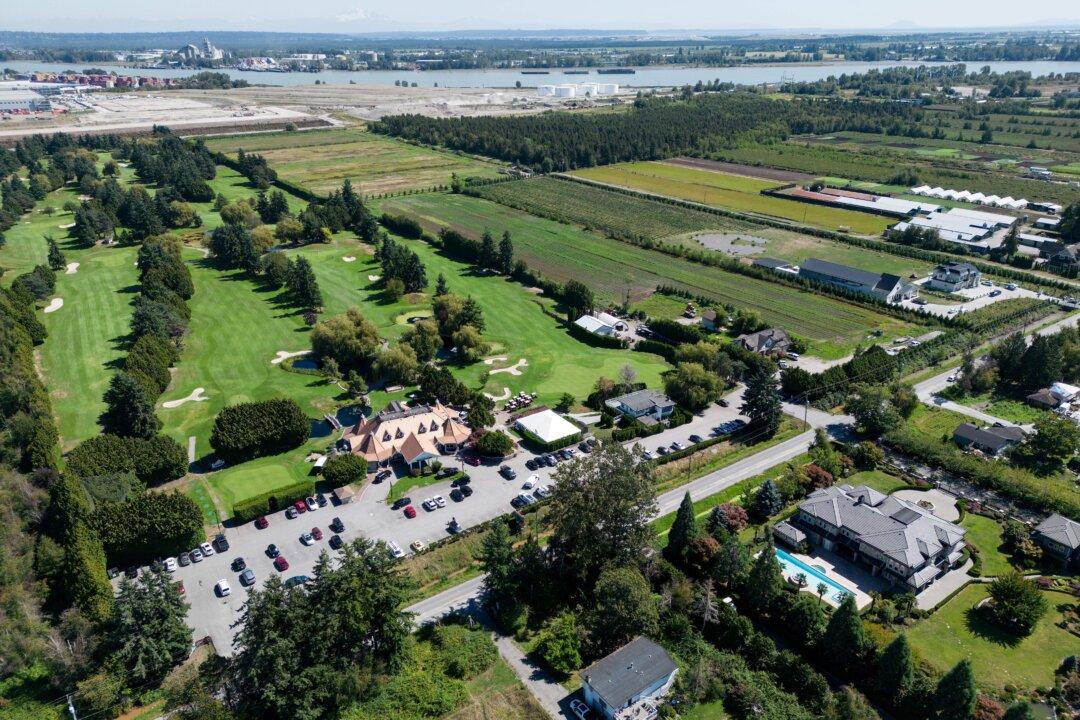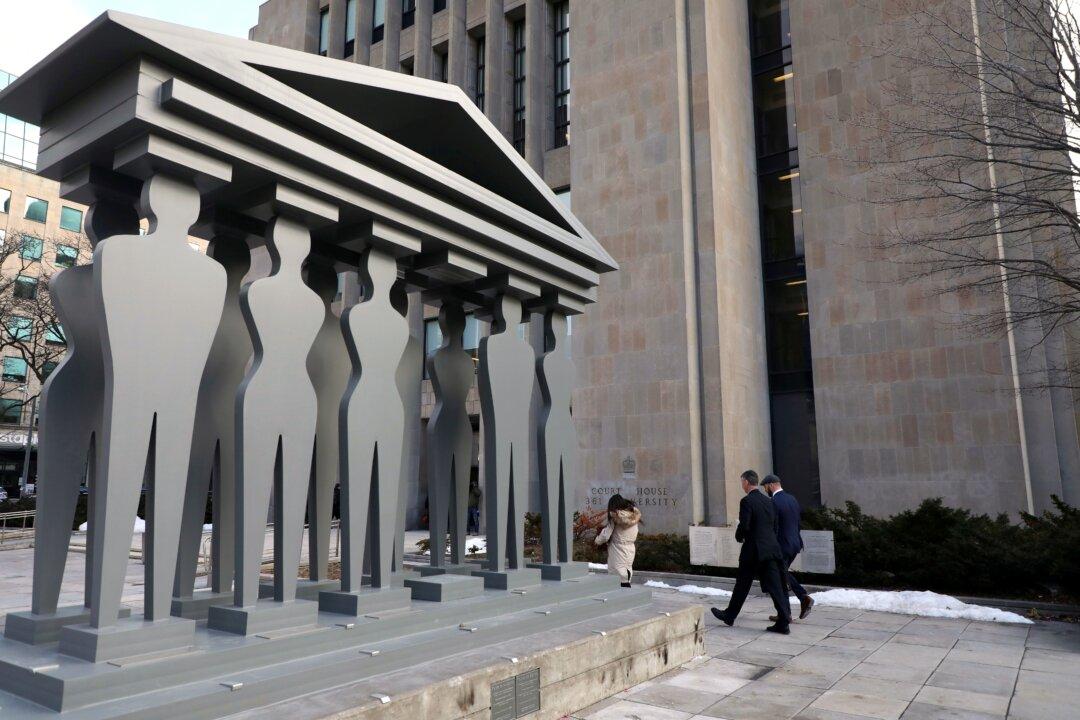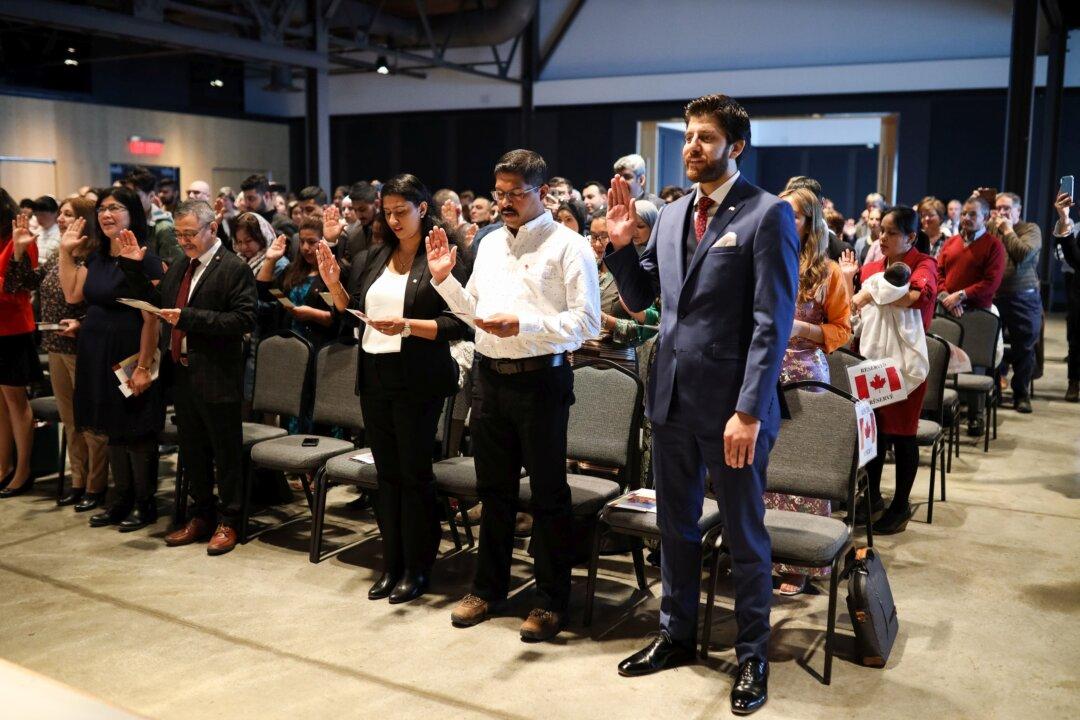Commentary
There are several timeless conservative principles of political philosophy that in the past 30 years have been abandoned by all our political elites, and that if restored as fundamental guiding principles, would renew and galvanize conservatives. And if adopted by any political party, these old/new-again policies, which transcend regional interests, would make it, in the eyes of most of mainstream Canada, the occupant of the politically moral high ground and the party of daring reform, compassion, competence, and adult responsibility. It would set that party apart in a really positive way.





